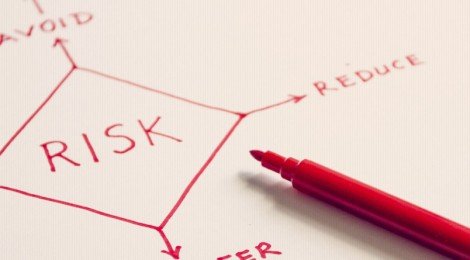Dunn Capital Management, which manages about $800 million, trades on 53 futures markets around the world using a trend-following model developed by the firm’s founder, Bill Dunn. The company trades about 2,000 round turns per million per year, which is on the low side of trading volumes.
“There's very little churn,” Marty Bergin, president of Dunn Capital, told Markets Media. “We're 100% systematic, so it's all formula driven and there's no fundamental decision making by human involvement in the process. There is no fundamental decision making that goes into the trades. At the beginning of the day, our traders know they've got to buy a set number of a contract and they've got to sell a set number of another contract. That's their job to get the trade done within the next 24 hours.”
The system that Dunn has built looks at price data each day in each market and makes a decision whether to go long or short. “It looks at the volatility of the market; it looks at correlation of the markets; it looks at the targeted risks that we want and it looks at the high/low and close price of that market each day,” Bergin said. “It does that in every market. It's a trend following trading system.
Such systems form the “core of the systematic managed futures space, where people design programs that evaluate information and make trading decisions,” he said. “We have a research staff that is constantly doing work and we have a risk department that is constantly monitoring, including myself.”
In managed futures, especially trend following, it’s important to manage the risks associated with each trade. “You've got models that dictate the signals that you're going to trade in and out of each contract, but that's only part of the equation,” Bergin said. “Probably the most important thing to do is diversify not only by type of models that you trade but also the markets that you trade. We're geographically diversified because we're trading over all markets throughout the world from Asia all the way to North America.”
It’s also important to know the likelihood of sustaining a loss each day. “What’s different about managed futures than many other markets is managed futures are valued every single day,” said Bergin. “Every day you mark to market. You know exactly what your holdings are. There's no question about the valuation.”
There is no fundamental decision making that goes into the trades. “We get the signals and we do have people that operate trading platforms and such to execute the trades but they're not making the decision about what price to trade at,” Bergin said. “At the beginning of the day they know they've got to buy this number of this and they've got to sell this number of that. That's their job to get that done within the next 24 hours.”
Featured image via goranga/Dollar Photo Club














